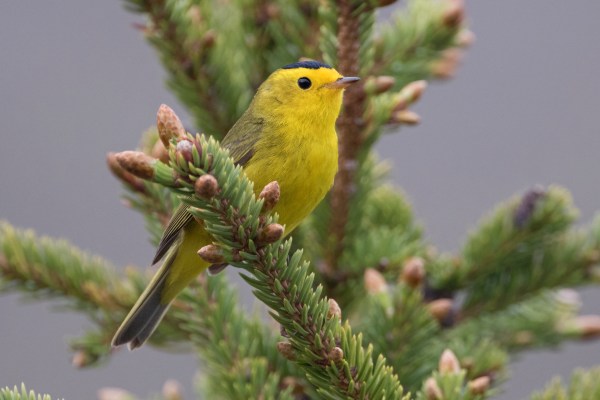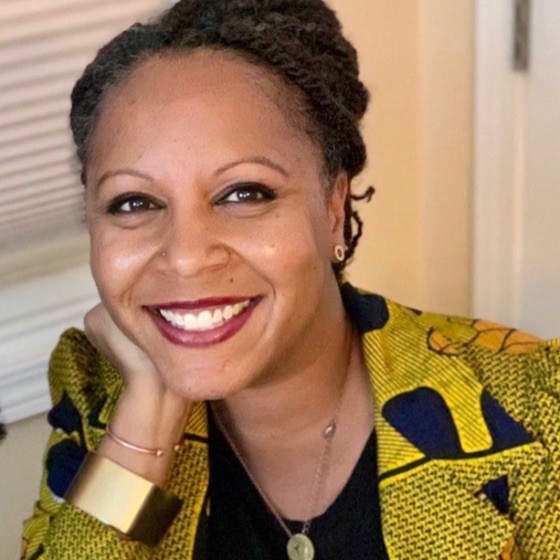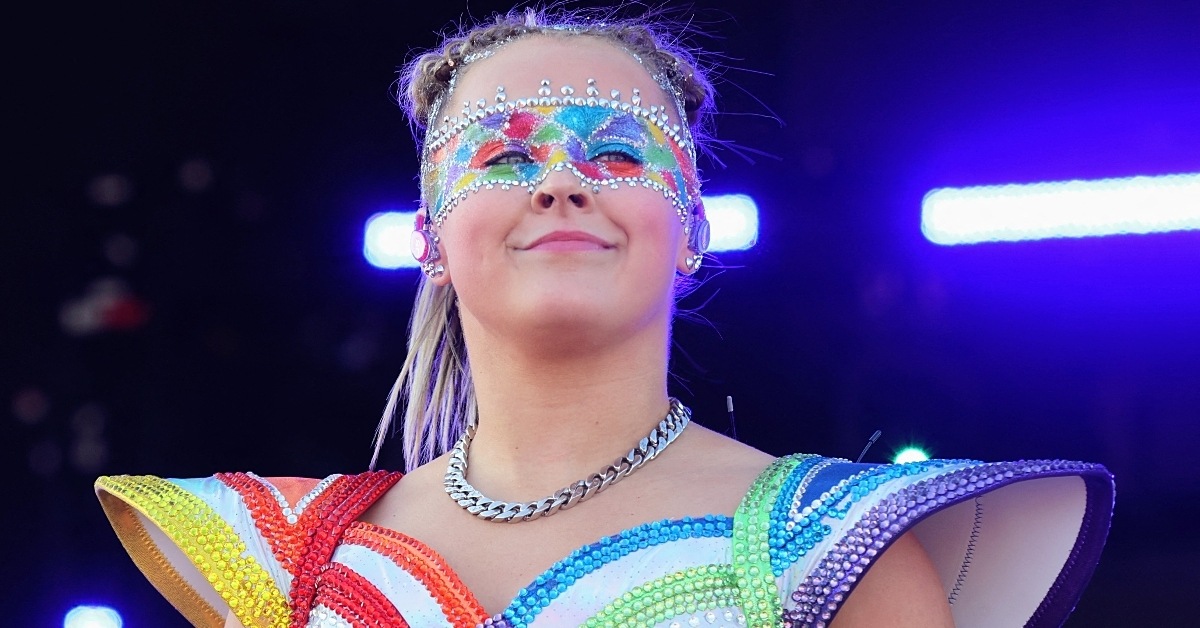Bird names will no longer honor racists, and it’s about time
OPINION: During the pandemic lockdown, I learned about the ways race and racism permeate every inch of our society, even birding. The American Ornithological Society has decided to rectify that situation. The post Bird names will no longer honor racists, and it’s about time appeared first on TheGrio.

OPINION: During the pandemic lockdown, I learned about the ways race and racism permeate every inch of our society, even birding. The American Ornithological Society has decided to rectify that situation.
Editor’s note: The following article is an op-ed, and the views expressed are the author’s own. Read more opinions on theGrio.

A racial reckoning has arrived once again in the birding community. The American Ornithological Society has decided it will begin the process of changing the names of several birds whose monikers memorialize white men. The name changes are significant since it marks a clear shift stating that birds will no longer be named for racists, white supremacists and those who celebrated the genocide of indigenous peoples in North America.
Historic monuments continue to come down. U.S. military bases are rethinking the names that celebrate former white supremacists. And as racist mascots are being changed in high schools across the country, so too are the names of little warblers and scores of birds commonly found all over North America.
For many of us, it’s amazing how birding has crept into our lives these past few years. Many people were first introduced to the world of Black birding when Christian Cooper, a Black man and lifelong birder, was accosted in Central Park by Amy Cooper, a white woman who felt he did not belong in the park, or in his skin, and sought to have him arrested and removed from the park for merely birding while Black. Her fabricated story about him attacking her and her dog went viral and exposed many people, Black and non-Black, to the joys and the dangers of birding.
I became a birder during the lockdown portion of the pandemic. Feeling like a caged bird in the house for weeks on end, nothing made me happier than to watch beautifully colored birds live their lives, flirt, squabble, steal eggs, learn to fly, build nests and just exist in a world that was changing before my eyes. As I began to later join birding groups and various Audubon societies, I learned more about the storied history within the birding community and the ways race and racism permeate every inch of our society, even birding.

Last year, many Audubon societies across the country began the process of changing the names of the organizations to no longer celebrate famed birder and unabashed racist John James Audubon. The ornithological legacy of Audubon cannot be denied. His commissioned drawings, meticulous accounting of the incredibly diverse universe of birds and his conservation efforts have contributed to our understanding of the incredibly diverse world of birds. His contributions have also helped ornithologists better understand the loss of billions of birds during the past half of a century. Yes, billions of birds are lost and several species have disappeared from our delicate ecosystem, never to return. Luckily, the detailed collections of Audubon help scientists better understand habitat changes, small variations within species and ways we can prevent extinction of certain species of birds large and small.
Although Audubon’s contributions are immense, his views and treatment toward Black and indigenous populations can no longer be overlooked. His reckoning arrived with the name change of several organizations across the country and now as the names of organizations change, so too will the names of the birds studied within those institutions. The society determined that no birds will bear the names of people. For example, several birds’ names honor Alexander Wilson, a naturalist. But his diaries reportedly include racist terms to describe birds. Wilson’s warbler and Wilson’s snipe are on the list of birds slated to receive new names.
Racism is so pervasive in every aspect of American society that we can feel its effects even when taking a stroll and observing a Townsend warbler, a tiny bird named for John Kirk Townsend, known for his collection of skulls stolen from indigenous gravesites in the 1800s. He and many others like him believed in the racial inferiority of native peoples. Removing Townsend’s name is a beginning step in making the world of birding more welcoming to birders of color.
There are some birders who believe the names of these founders in the ornithological community should remain. By keeping their names on birds, they hope to further educate newer birders to the history and practices within birding communities over several decades. This is often the argument heralded by those who believe monuments should remain as a reminder of our past and a way to educate future generations by making the past clear for all to see, study, process and hopefully understand.
No matter where you fall on the debate, it is my sincere hope that you will give birding a chance. There is nothing better than walking through a park or sitting on your stoop and noticing all of the diverse birds flying above. Even if you live in a city, you will be amazed at the myriad of birds surrounding you on a daily basis. You’ll begin to hear clearly their calls, their songs, their cries and their beefs. It’s a world around us, and all we have to do is take a small moment to bask in a new world that can transport us away, even for a short period of time.

Christina Greer, Ph.D., is an associate professor at Fordham University, the author of “Black Ethnics: Race, Immigration, and the Pursuit of the American Dream”, and the host of The Blackest Questions podcast at TheGrio.
TheGrio is FREE on your TV via Apple TV, Amazon Fire, Roku and Android TV. Also, please download theGrio mobile apps today!
The post Bird names will no longer honor racists, and it’s about time appeared first on TheGrio.












